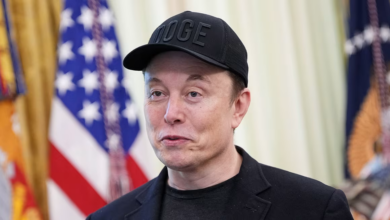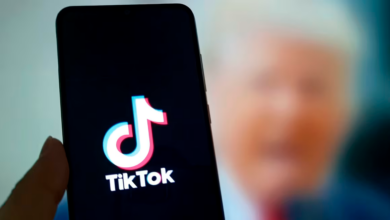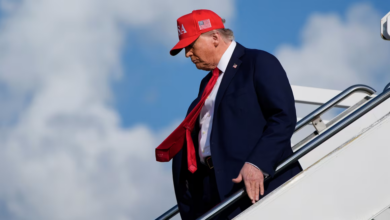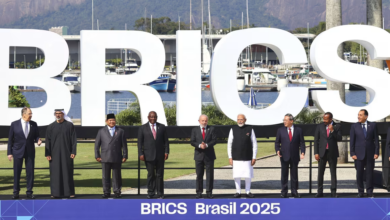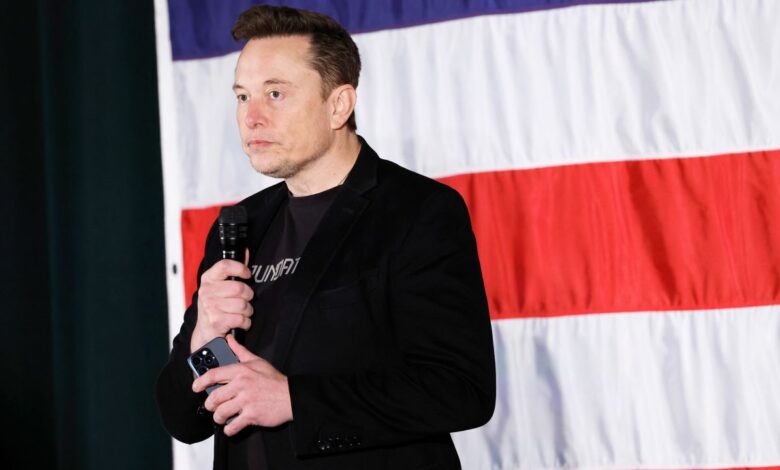
“We want to try to get over a million, maybe 2 million voters in the battleground states to sign the petition in support of the First and Second Amendment. … We are going to be awarding $1 million randomly to people who have signed the petition, every day, from now until the election,” Musk said at a campaign event in Harrisburg, Pennsylvania.
The X owner and Tesla CEO was referring to a petition launched by his political action committee affirming support for the rights to free speech and to bear arms. The website, launched shortly before some registration deadlines, says, “this program is exclusively open to registered voters in Pennsylvania, Georgia, Nevada, Arizona, Michigan, Wisconsin and North Carolina.”
Musk, the richest man in the world, has given more than $75 million to his pro-Trump super PAC, and said he hopes the sweepstakes will boost registration among Trump voters. He recently hit the campaign trail in Pennsylvania, holding events advocating for Trump, promoting his petition and spreading conspiracy theories about the 2020 election.
“This is a one-time ask,” Musk told the crowd shortly after announcing the $1 million prize. “Just go out there and talk to your friends and family and acquaintances and people you meet in the street and … convince them to vote. Obviously you gotta get registered, make sure they’re registered and … make sure they vote.”
The first million-dollar winner was named Saturday, with Musk handing a giant check to a Trump supporter at his event in Harrisburg, saying, “So anyway, you’re welcome.” He announced the second winner Sunday afternoon during an event in Pittsburgh, handing out another check on a stage adorned with big signs reading, “VOTE EARLY.”
In an interview Sunday on NBC’s “Meet the Press,” Pennsylvania Gov. Josh Shapiro said Musk’s giveaway was “deeply concerning” and is “something that law enforcement could take a look at.” Shapiro, a Democrat, was previously the state attorney general.
Federal law makes it a crime for anyone who “pays or offers to pay or accepts payment either for registration to vote or for voting.” It’s punishable by up to five years in prison.
“When you start limiting prizes or giveaways to only registered voters or only people who have voted, that’s where bribery concerns arise,” said Derek Muller, an election law expert who teaches at Notre Dame Law School. “By limiting a giveaway only to registered voters, it looks like you’re giving cash for voter registration.”
Offering money to people who were already registered before the cash prize was announced could violate federal law, Muller said, but the offer also “can include people who are not yet registered,” and the potential “inducements for new registrations is far more problematic.”
Most states make it a crime only to pay people to vote, said Muller, who is also a CNN contributor. He said it’s rare for federal prosecutors to bring election bribery cases, and that the Supreme Court has been narrowing the scope of bribery statutes.
Regardless of the long odds of a Musk prosecution, other respected election law experts strongly condemned the billionaire’s behavior.
“This isn’t a particularly close case — this is exactly what the statute was designed to criminalize,” said David Becker, a former Justice Department official handling voting rights cases and founder of the nonpartisan Center for Election Innovation & Research.
Becker said the fact that the prize is available only to registered voters “in one of seven swing states that could affect the outcome of the presidential election” is strong evidence of Musk’s intent to influence the race, which could be legally problematic.
“This offer was made in the last days before some registration deadlines,” Becker said, bolstering the appearance that the cash prizes are designed to drive up registration.
Rick Hasen, an election law expert at the UCLA School of Law and a Trump critic, said in a blog post that Musk’s sweepstakes was “clearly illegal vote-buying.” He pointed out that the Justice Department’s election crimes manual specifically says it’s illegal to offer “lottery chances” that are “intended to induce or reward” actions such as voter registration.
Another top Democratic official, Michigan Secretary of State Jocelyn Benson, blasted Musk on Saturday for “spreading dangerous disinformation” about the integrity of the voter rolls after he falsely claimed there were more voters than citizens in the state.

